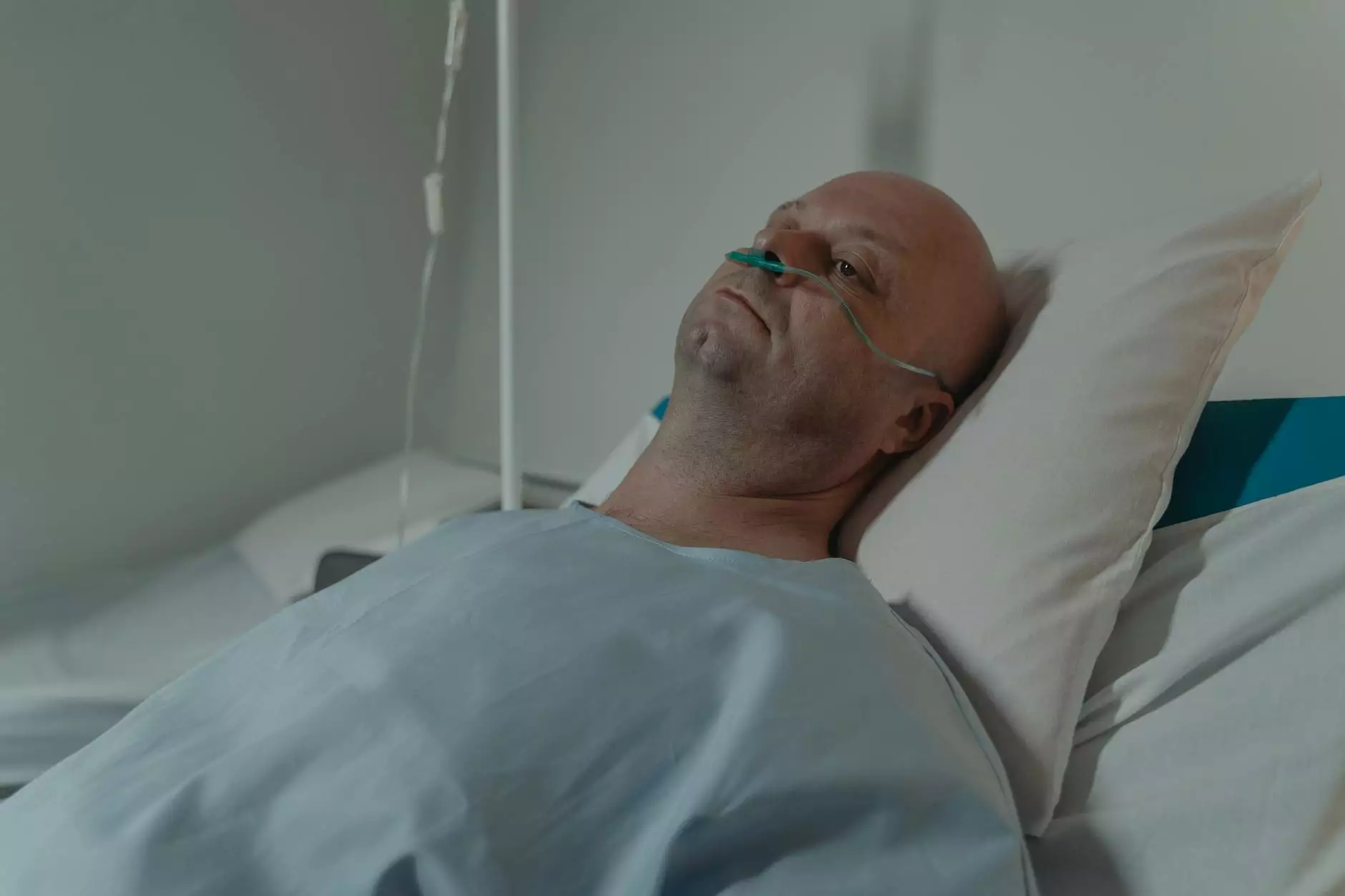Understanding Inoperable Brain Tumors: Challenges and Solutions

Inoperable brain tumors represent a significant medical challenge that affects countless individuals and families globally. The complexities surrounding these tumors not only pertain to their biology but also to the emotional, physical, and financial implications they impose on patients and caregivers. This article seeks to explore the nuances of inoperable brain tumors, including their types, symptoms, management strategies, and the critical role of medical centers in providing comprehensive care.
What are Inoperable Brain Tumors?
A brain tumor is classified as inoperable when surgical removal is deemed unsafe or impossible due to various factors. These might include:
- The tumor's location within the brain, making surgical access difficult.
- Potential damage to critical brain structures during surgery.
- The tumor's size, which may be extensive and interconnected with vital neural pathways.
- The patient’s overall health and comorbidities, which may complicate surgical procedures.
Inoperable brain tumors can be primary, originating within the brain, or secondary, resulting from metastases from other cancer types. Understanding the specific type of tumor is crucial in devising an effective management plan.
Types of Inoperable Brain Tumors
Several types of brain tumors are often classified as inoperable. Knowledge of these tumors is essential for both patients and healthcare providers to facilitate informed decision-making.
1. Glioblastoma Multiforme
Glioblastoma multiforme (GBM) is one of the most aggressive types of brain tumors. It originates in the supportive tissue of the brain and is characterized by:
- Rapid growth and invasiveness.
- High likelihood of recurrence after treatment.
- Resistance to conventional therapies, particularly surgery.
2. Brainstem Glioma
Located in the brainstem, this type of tumor controls many vital functions, making its surgical removal particularly risky. Patients with brainstem glioma often face significant challenges, including:
- Neurological deficits.
- Difficulty with movement, coordination, and speech.
3. Pontine Glioma
Pontine glioma is a subtype of brainstem glioma, typically occurring in children. Due to its location in the pons, surgery is generally deemed too dangerous, thus necessitating alternative treatment approaches.
Symptoms of Inoperable Brain Tumors
Patients with inoperable brain tumors may experience a range of symptoms depending on the tumor's location and size. Common symptoms include:
- Headaches: Persistent headaches that worsen over time.
- Nausea and vomiting: Often related to increased intracranial pressure.
- Neurological changes: Such as seizures, changes in vision, cognitive difficulties, or weakness.
- Behavioral changes: Including mood swings, irritability, or changes in personality.
Early recognition of these symptoms can facilitate timely diagnostic testing and management strategies.
Diagnostic Approaches to Inoperable Brain Tumors
Accurate diagnosis is essential in determining the best course of action for patients with inoperable brain tumors. Diagnostic methods include:
- Magnetic Resonance Imaging (MRI): Offers detailed images of brain tissues and helps in identifying tumor characteristics.
- Computed Tomography (CT): Provides quick imaging to assess brain tumors and their effects on surrounding structures.
- Tissue Biopsy: In some cases, obtaining a biopsy may be necessary to determine the tumor type.
Management Strategies for Inoperable Brain Tumors
While surgical intervention may be off the table for inoperable brain tumors, there exist several management strategies that can help control the disease and improve quality of life.
1. Radiation Therapy
Radiation therapy is often used to target tumor cells and reduce symptoms. Key points about this treatment include:
- It can be used alone or in conjunction with chemotherapy.
- Various techniques, such as stereotactic radiosurgery, allow for targeted treatment.
2. Chemotherapy
Chemotherapy utilizes drugs to combat tumor growth. Specific regimens may be chosen based on the tumor type and patient's health.
3. Targeted Therapy
Targeted therapies aim at specific genetic markers or pathways that tumors exploit for growth. Recent advancements are increasingly providing tailored options for patients.
4. Palliative Care
Palliative care focuses on improving the quality of life for patients regardless of the disease stage. This may include:
- Pain management.
- Emotional and psychological support.
- Assistance with daily living activities.
The Role of Medical Centers in Managing Inoperable Brain Tumors
Medical centers, particularly those specializing in oncology and neurology, play a pivotal role in the management of patients with inoperable brain tumors. These institutions provide:
- Multidisciplinary Care: Access to a team of specialists including oncologists, neurologists, radiologists, and palliative care providers.
- Clinical Trials: Opportunities for patients to participate in cutting-edge research and access new therapies.
- Emotional Support Services: Counseling and support groups for patients and families navigating the challenges of a brain tumor diagnosis.
Emotional and Psychological Aspects of an Inoperable Brain Tumor Diagnosis
The diagnosis of an inoperable brain tumor is not only a medical challenge but also an emotional ordeal. Patients may experience a range of feelings, including:
- Fear: Fear of the unknown and the implications of the disease.
- Anger: Frustration at the situation and the loss of control over health.
- Grief: Mourning the life that once was and the future that seems uncertain.
Support from healthcare providers, family, and support groups can be instrumental in navigating these emotional waters. Many medical centers now include mental health professionals to aid in this process, recognizing how critical emotional care is to overall treatment.
Final Thoughts
Inoperable brain tumors present significant challenges, but continual advances in medical research and treatment options are providing hope to many patients and their families. Understanding the nature of these tumors, recognizing symptoms, and employing comprehensive management strategies are essential steps in navigating this difficult journey.
At MediGlobus, we are dedicated to connecting patients with the best medical centers and specialists to facilitate care that addresses both the physical and emotional aspects of living with an inoperable brain tumor. Together, we can confront the complexities of brain tumors and work towards a better quality of life for those affected.



